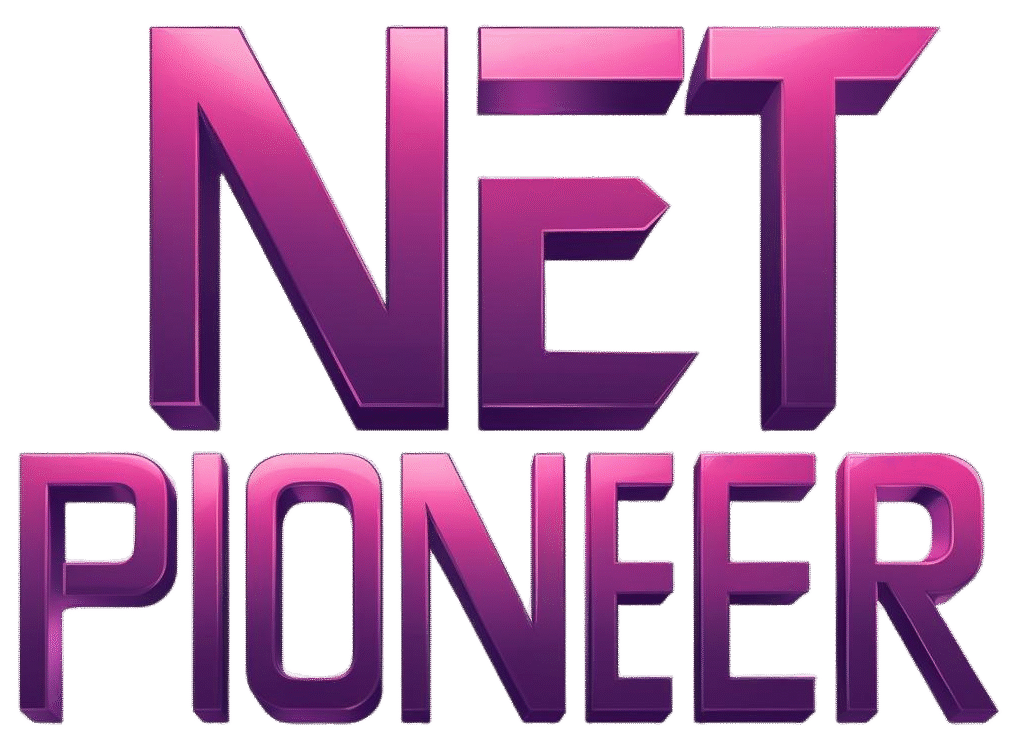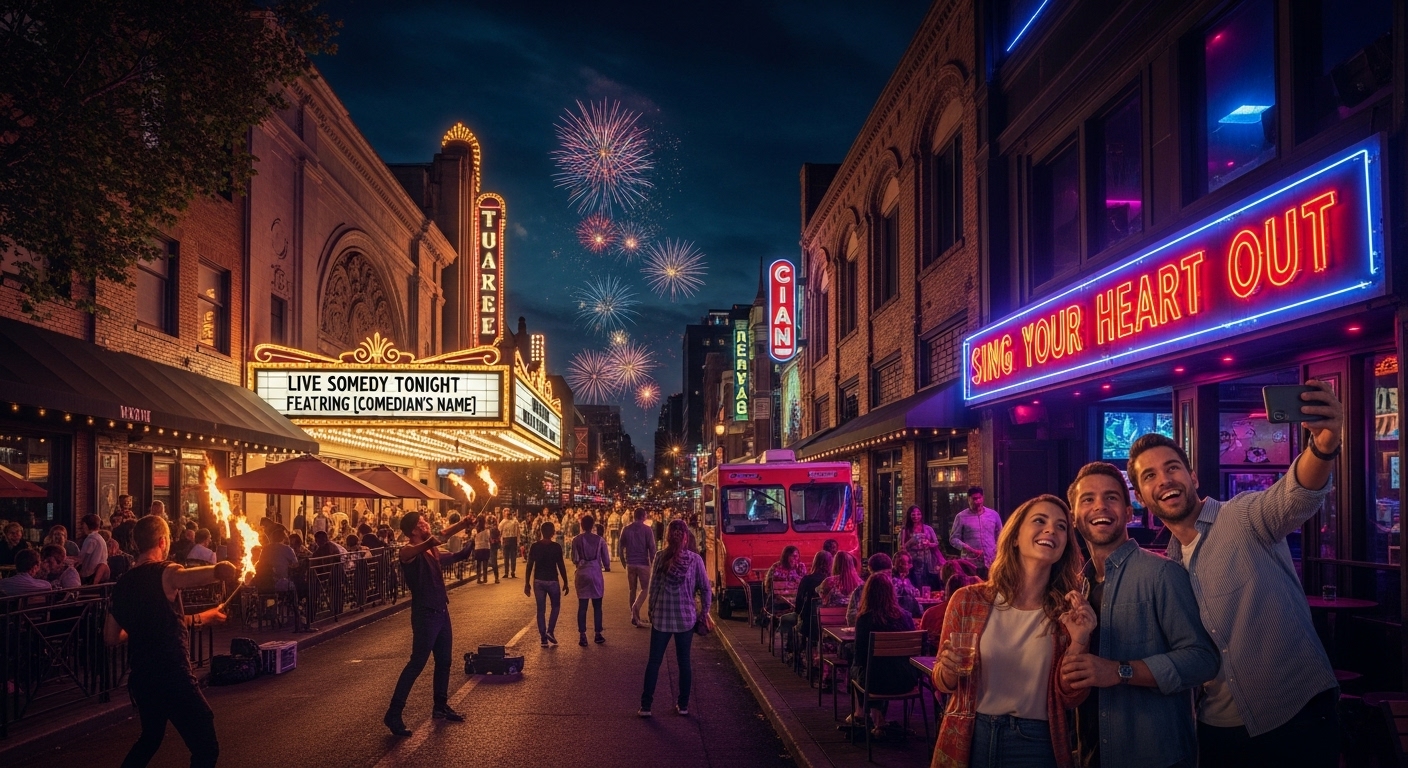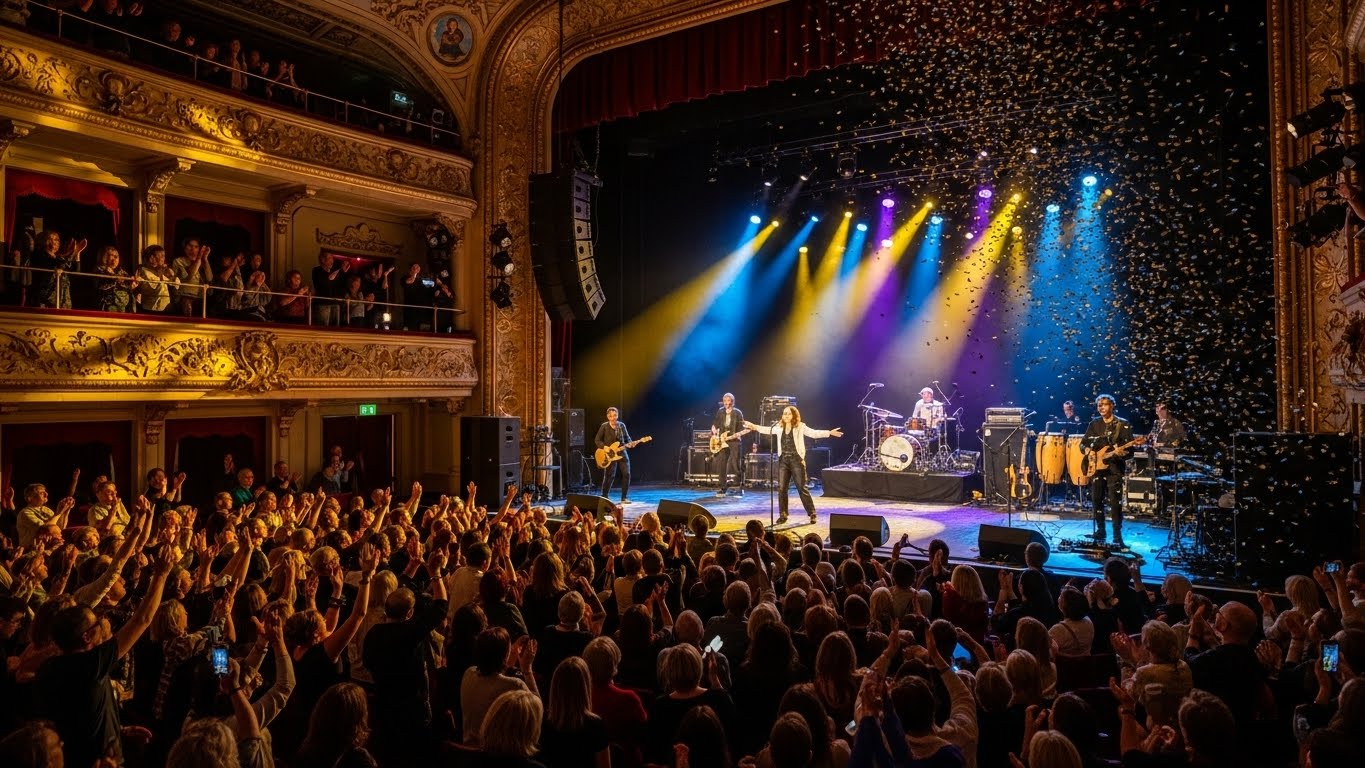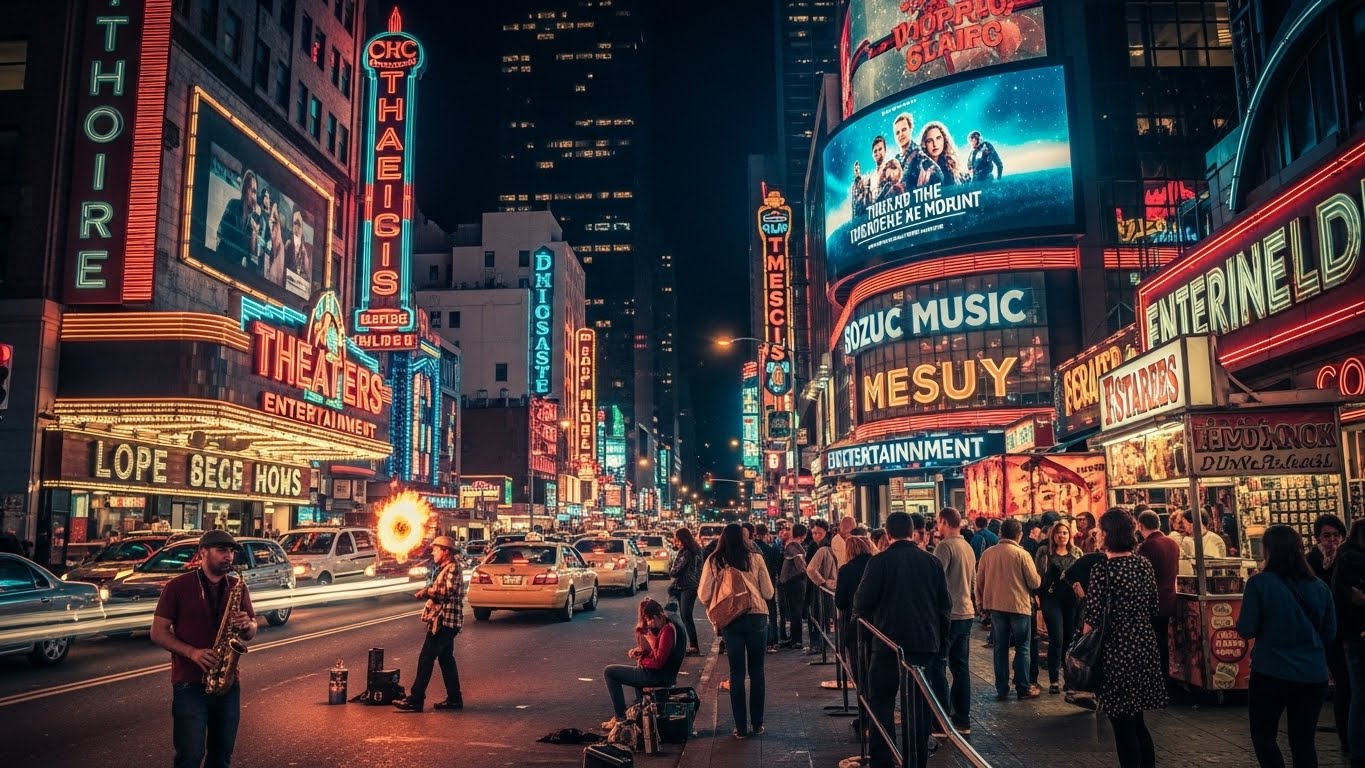Entertainment has always been an essential part of human life. From ancient storytelling around campfires to modern virtual reality concerts, entertainment evolves with time, reflecting our culture, technology, and emotions. It is the pulse of society, a mirror that shows what we value, what we dream about, and even what we fear. The world of entertainment is vast and constantly transforming, connecting billions of people through laughter, music, film, sports, gaming, and art. In this blog, we will explore the many faces of entertainment, its history, its evolution, and its impact on individuals and societies across the globe.
The Roots of Entertainment
Before movies, streaming platforms, and digital concerts, entertainment existed in its purest forms. Ancient civilizations entertained themselves through music, dance, poetry, and theater. In Greece, the grand amphitheaters hosted dramas and comedies that reflected human struggles and virtues. In ancient Rome, gladiatorial games were a form of spectacle that blended competition, bravery, and storytelling. Across the world, from Chinese opera to African tribal dances, humans have always sought joy, excitement, and connection through creative expression.
These early forms of entertainment were not merely for amusement—they served educational, religious, and cultural purposes. Storytellers passed on wisdom and legends, while performances brought communities together. Entertainment was, in many ways, the first form of communication that transcended language and time.
The Birth of Modern Entertainment
With the invention of printing and photography came the rise of modern entertainment. The 19th century introduced newspapers, novels, and stage performances that reached wider audiences. The theater became a social event where people gathered not only to watch but to share experiences. Then came the silent film era in the late 1800s, where moving pictures astonished audiences. Even without sound, these films stirred emotions and created stars who became cultural icons.
Radio soon followed, bringing sound and storytelling directly into homes. Families would gather around radios to listen to dramas, comedies, and music shows. The connection between performer and audience became more intimate, personal, and emotional. Radio became the first medium to unify people through shared experiences, regardless of class or location.
The Golden Age of Cinema
When sound entered films, a revolution began. Hollywood became the center of the cinematic world. The early to mid-20th century saw the rise of legendary actors and directors who shaped what we now call the golden age of cinema. Genres like romance, action, horror, and musicals flourished, each offering a different form of escape.
Cinema was more than entertainment—it was magic. People dressed up to watch movies, stood in long lines, and filled theaters with excitement. Classic films like Gone with the Wind and Casablanca defined eras and captured emotions that remain timeless. The movie industry became a global force, setting standards for storytelling, performance, and production.
Television: The New Family Bond
The arrival of television changed everything once again. Suddenly, entertainment was in every living room. Families no longer needed to visit theaters for visual storytelling; they could enjoy shows at home. Sitcoms, talk shows, and news broadcasts became daily routines. Television created cultural phenomena that shaped fashion, language, and lifestyle.
The small screen brought the world closer. Events like the moon landing or major sports matches were shared by millions simultaneously. Television stars became household names, and entire generations grew up with shows that shaped their humor, values, and imagination.
The Rise of Music and Global Icons
Music has always been one of the purest forms of entertainment. The 20th century saw music evolve from local performances to a global industry. Jazz, rock, pop, and hip-hop became movements that defined decades. Artists like Elvis Presley, The Beatles, and Michael Jackson not only changed music but influenced entire cultures.
Music videos and televised performances made singers into visual icons. Fans no longer just listened—they watched, copied, and idolized their favorite stars. Music became more than sound; it became identity. Festivals, concerts, and awards shows transformed entertainment into a shared celebration of creativity and rhythm.
The Digital Revolution
Then came the internet, and the world of entertainment changed forever. The digital age broke all boundaries. Streaming platforms replaced physical theaters, music could be played anywhere with a single tap, and anyone could become a creator. Social media gave rise to influencers, vloggers, and content creators who built massive audiences without traditional studios.
The power shifted from corporations to individuals. People could now produce, edit, and distribute their own entertainment. Platforms allowed for diverse voices, cultures, and stories that had never been heard before. This democratization of creativity created an explosion of new ideas and trends that continue to evolve daily.
Gaming: The New Frontier of Entertainment
Video games began as simple digital amusements but have now grown into one of the largest entertainment industries in the world. From arcade games to complex virtual worlds, gaming offers immersive experiences that blend storytelling, art, and technology.
Gamers can now interact in real time, build communities, and even make careers through esports and streaming. Games are no longer just about play—they are a new form of narrative, emotion, and creativity. Titles with rich stories and cinematic graphics rival Hollywood films in both scale and artistic achievement.
Virtual and augmented reality are pushing gaming into new dimensions, offering experiences where imagination meets interaction. The line between reality and fiction blurs, giving rise to limitless possibilities for the future of entertainment.
The Influence of Streaming Platforms
Streaming services revolutionized how people consume content. Instead of waiting for scheduled shows, audiences now watch what they want, when they want. This shift has redefined the entertainment industry. Traditional television networks and movie theaters faced competition from digital platforms that offer endless libraries of films, series, and documentaries.
Streaming has also opened doors for international content. Audiences are no longer limited by language or geography. A Korean drama, a Spanish thriller, or an Indian musical can become global hits overnight. This cultural exchange has made entertainment more inclusive and diverse, connecting people across the world through stories and emotions.
Social Media and the Power of the Audience
Social media transformed audiences into active participants in entertainment. Platforms like Instagram, TikTok, and YouTube allow fans to interact directly with their favorite creators and celebrities. Entertainment is no longer one-directional—it’s a dialogue.
Trends, challenges, and memes become global entertainment in themselves. A single video can turn a person into a worldwide sensation overnight. The power of virality shows how modern entertainment thrives on participation, creativity, and community. It has made fame more accessible but also more unpredictable, creating a new kind of celebrity culture that is constantly changing.
The Role of Technology in Shaping the Future
Technology continues to redefine entertainment. Artificial intelligence, virtual reality, and immersive media are reshaping how we create and experience content. AI can now compose music, write stories, and even act as virtual influencers. Meanwhile, VR and AR bring experiences that blend the physical and digital worlds, allowing people to interact with entertainment in completely new ways.
Movies and games are becoming more realistic, music production more sophisticated, and storytelling more interactive. The future promises entertainment that adapts to our emotions, preferences, and even physical environments. The next frontier may not just be watching or playing—it might be living inside the story.
The Emotional Power of Entertainment
Beyond technology and glamour, entertainment remains deeply human. It connects to our emotions, dreams, and fears. A movie can make us cry, a song can bring back memories, and a game can give us courage. Entertainment provides escape, comfort, and understanding.
In difficult times, people turn to entertainment for hope and relief. During global crises, streaming numbers rise, social media flourishes, and creative expression becomes more powerful. Entertainment helps people cope, dream, and find joy even when reality feels uncertain.
The Business Behind the Fun
While entertainment feels spontaneous, it is also a massive global industry worth trillions of dollars. Behind every movie, concert, or game lies a network of professionals—writers, directors, designers, marketers, and countless others. The industry supports millions of jobs and drives innovation in technology and art.
However, it also faces challenges: issues of representation, copyright, and ethical concerns about digital content. The balance between creativity and commerce continues to evolve as new models of revenue and production emerge. The future of entertainment lies in harmony between art and business, where creativity can thrive sustainably.
Cultural Impact and Global Unity
Entertainment transcends borders. It shapes culture, defines trends, and builds shared experiences that bring people together. A song sung in one language can be loved by people across continents. Movies and series can introduce cultures to new audiences, fostering understanding and appreciation.
In a world often divided by politics and ideologies, entertainment acts as a bridge. It allows people to connect through laughter, emotion, and imagination. It promotes empathy by showing different perspectives and telling universal stories of love, struggle, and triumph.
The Evolution of Celebrities and Fans
In the past, celebrities were distant stars seen only on screens or stages. Today, they are just a message away on social media. This closeness has changed the relationship between fans and entertainers. Fans now influence careers, trends, and even creative directions.
Celebrities are also redefining their roles. Many use their platforms for activism, social causes, and awareness. Fame is no longer just about glamour—it carries responsibility and influence. The bond between entertainers and fans continues to evolve into a shared experience where both sides contribute to the culture.
The Future: Boundless Possibilities
The future of entertainment holds limitless promise. With technology advancing rapidly, imagination has no boundaries. Interactive storytelling, AI-generated performances, holographic concerts, and global digital festivals are only the beginning. The lines between creator and consumer will blur even more, making everyone a participant in the creative process.
Entertainment will continue to adapt, reflecting the hopes and challenges of humanity. Whether through traditional arts or futuristic experiences, its essence will remain the same: to inspire, connect, and move people.
Conclusion
Entertainment is not just about fun—it is the heartbeat of human culture. It evolves with us, capturing our emotions, creativity, and desires. From ancient tales to digital worlds, it continues to unite people across time and space. The power of entertainment lies in its ability to tell stories that make us feel alive, to create moments that stay with us forever, and to remind us that joy, imagination, and connection are the true essence of being human.
As we look toward the future, one thing remains certain: entertainment will always be a reflection of who we are and who we aspire to be. It will continue to grow, adapt, and enchant, ensuring that the world never runs out of laughter, music, or stories to share.



